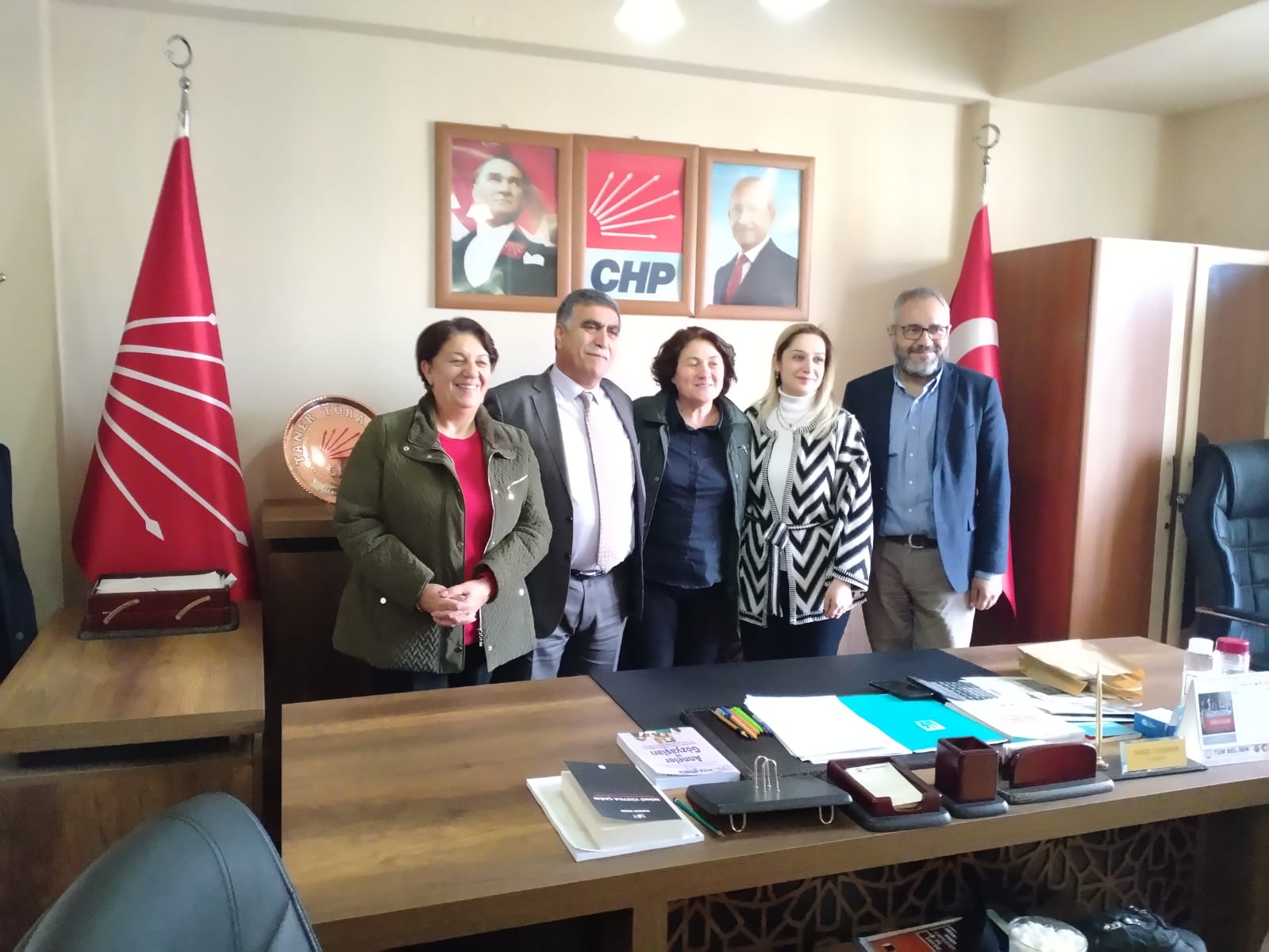
Dialogue Meetings - 3K Project’s Last Stop: Kars
Ben Seçerim Derneği (I Choose Association) was in Kars, which is a border city at east of Turkey, between 11-13 April, with “3K Project” funded by the Canada Government. This project that aims to build a women’s network has been previously implemented in Kırklareli and Kahramanmaraş, and Kars was the last stop.
Kars is located in eastern Turkey where the harshest climatic conditions prevail. In Kars, where various ethnicities form the population; Turkish, Azeri, Iranian Azeri, Kurdish, Terekeme, Karapapaz origins live together. This diversity brings with it the inequality of representation. Political background of the families matters in active political participation of young people. While women seem to hold the power in the families, men are more encouraged and supported, as a result of pathriarchy, to take action in politics.
When looking at the existing economic and social panorama, it can be seen that animal husbandry became unproductive because of the last year’s drought. The inability to obtain products from the seeds sown for feed, due to adverse climatic conditions, caused both insufficient feed to the animals and the inability to obtain crops to be converted into commerce.
People in Kars are less likely to benefit their citizen rights and demand better public service on issues such as education, entreprenuership and public transport from the local authorities. Kars is a city with the legacy of ancient cultures, reputation of Russian architecture, and the spirit of the deep-rooted Republic. However, heavy immigration from the countryside, the decline in the literacy rate, and the infrastructure problems that have been going on for years have made Kars feel like a derelict district.
More to do for equal oppurtunities for women in Kars
As part of our visit, we met 5 parties’ -CHP, İyi Parti, Deva, AKP and HDP- provincial heads, heads of women’s branches and other directors, in order to discuss the latest news in local politics, expectations on the upcoming elections, and female representation of women in politics.
We visited KAMER (a women organization), Kars Bar (organization of attorneys), Serhat Development Agency, Cilavuz Agricultural Development Cooperative in Susuz town. These visits provided us further learning about the underrepresentation of women in local decision making mechanisms in the city. We tried to understand the major barriers that make women away from political actions.
Besra Uluçay, a woman, who has been working as a ‘muhtar’ (the smallest local authority in cities) in Kars Merkez district since 2007, told us about the challenges of being muhtar that she named as ‘capillary vessels’ of the city. It is obvious that more female muhtars are needed.
We met a group of teachers who teaches at village schools. The most significant topic of the chat was gender inequality. They draw attention to educational rights of girls.
We also met women entrepreneurs. There are many women in Kars who run a restaurant, pharmacy and hairdressing. However, there are no women in relevant chambers of artisans.
